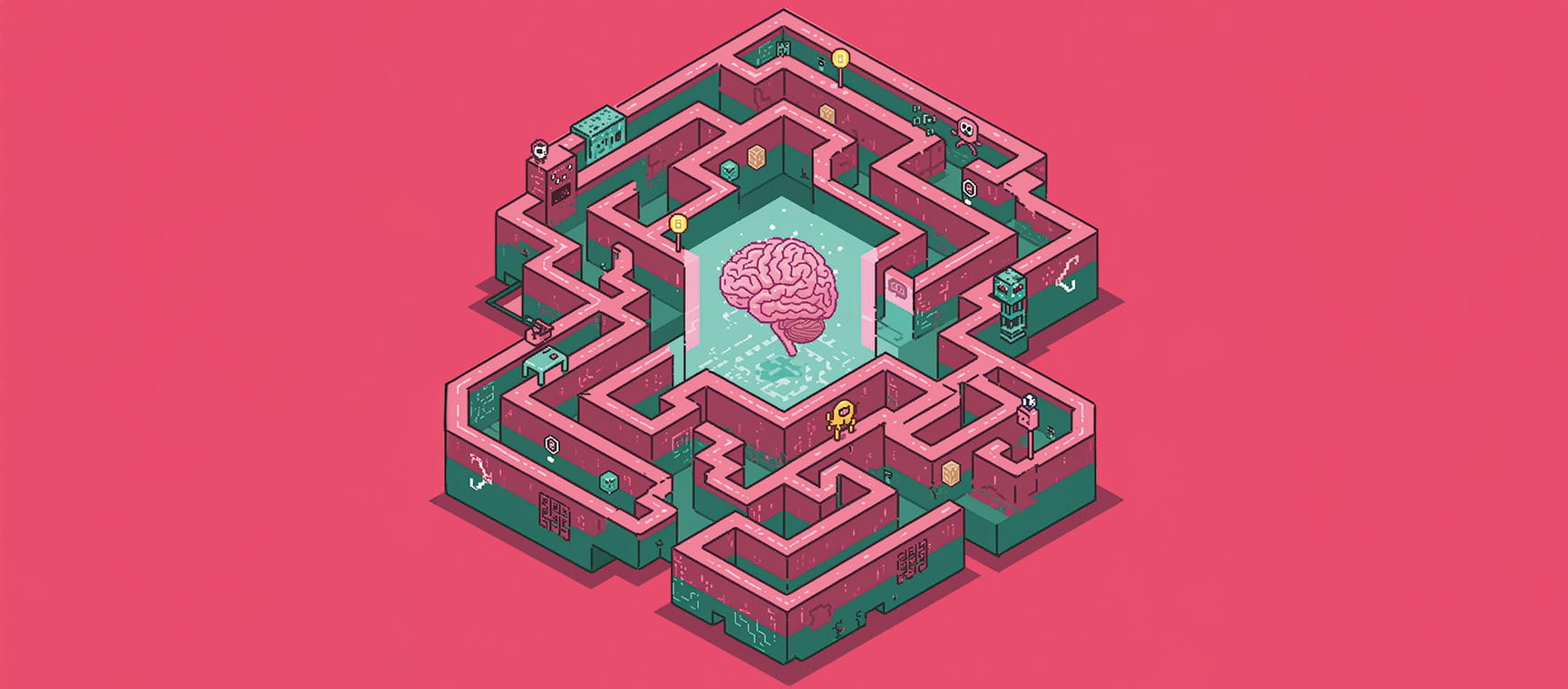
Like many, I’m worried that searching for the right word is now as frequent as hunting for my phone, glasses or keys.
Having failed to learn a new language or a musical instrument, which are both proven brain boosts, I’m attracted to the quicker fix of training my brain via games.
But is this even possible? The ‘brain training’ market is now worth around £3.5 billion globally and projected to grow by 24% in the next six years – so somebody clearly thinks so.
Encouragingly, neuroscientists say it’s never too late to help our brains function better and, crucially, raise levels of cognitive reserve. This is the brain’s ability to stay flexible and find alternative ways of getting a job done when our ageing brain may be struggling to cope.
So, what exactly happens to those grey cells as we age? And why do we sometimes feel as though our thinking is grinding to a halt?
"Essentially, chemicals such as dopamine and other neurotransmitters reduce, with the result that psychomotive speed – speed of thinking – slows," explains Barbara Sahakian, professor of neuropsychology at the University of Cambridge and co-author of a new book, Brain Boost (RRP £14.99).
"We can often use our experience to overcome this and answer questions, but sometimes we can’t get the answers out as quickly as we want. And sometimes we can’t quite do things as nimbly."
That’s where building cognitive reserve comes in.
"Part of cognitive reserve is IQ, which is influenced by our genes. The other part is education and learning, so encouragingly we can build it throughout life," explains Prof Sahakian.
Here, we put the best apps to the test:
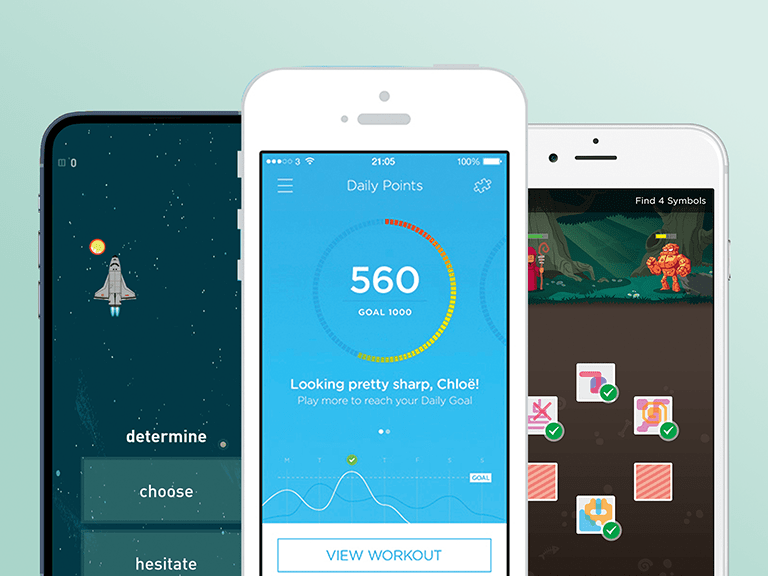
To boost maths, literacy and communication, alongside brain skills. Offers 40-plus games and tracks progress with an Elevate Proficiency Quotient.
This has a more educational feel – some games would help children with maths and language.
The Equivalence game is designed to aid number fluency and understanding of fractions. Tap tiles to match equivalent proportions expressed in different ways. It’s easy comparing two, but options and complexity quickly multiply.
£39.99 a year/£14.99 a month
Tests processing speed, flexibility, problem solving, maths and memory to give a Lumosity Performance Index score, a standardised scale calculating strengths and weaknesses across games that challenge different cognitive abilities.
Offers 50 games on the web, 40 on a mobile app.
Appealing graphics. A barista game tests reaction speed with fiendish but fun virtual coffee orders, while Memory Matrix tests spatial recall – recreate the pattern of coloured tiles that appear briefly.
Free access to limited games or £44.99 a year/£8.99 a month.
Offers 45+ games that test skills such as memory, problem solving, mental agility and emotional response, which go from beginner to legend.
It gives scores for Peak Brain Score (ranking you against other players at the same level), and ‘Your Brain in a Nutshell’ (showing how you rate in different areas against others in your age group).
It’s a collaboration with King’s College London, University College London, Cambridge and Yale, which adds scientific credibility, and the games are fun.
In Perilous Path landmines appear in a grid, which disappear quickly to be replaced by two white circles. You have to map a safe route by recalling where the mines were.
Free trial, then premium is £25.99 a year/£3.99 a month. Add £6.99 for games with scientific partnerships.
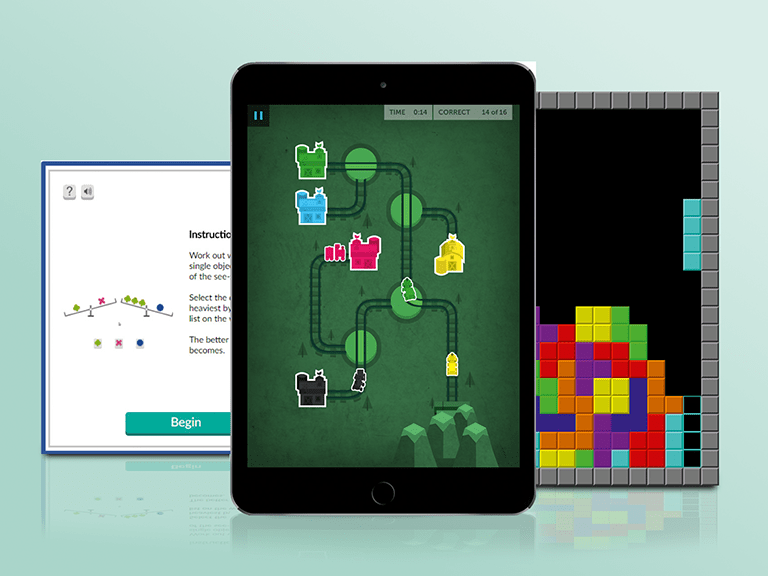
protectstudy.org.uk
Focus: A major study run by the University of Exeter and King’s College London in partnership with the NHS to understand how healthy brains age and why people develop dementia.
Verdict: The 12 games offered are both fun and challenging, while taking part in the study feels meaningful. In Balloons, sums float quickly upwards and you must solve the calculations (113-18, for example) before they reach the top of the screen. It would be easy, if only they would stop moving and the timer would stop counting down. High scores trigger multiple balloons.
Fee: Free for anyone aged 40+ living in the UK who does not have a diagnosis of dementia. Requires annual questionnaires about health and lifestyle and online tests to measure brain function.
Focus: Praised for its design simplicity, the classic game turned 40 last year. Coloured blocks (tetrominoes) move down the screen as you manipulate them to fill horizontal lines and earn points. Filling four lines at once scores a Tetris.
Verdict: Once I got the hang of it (which took three days), it was fun and like all puzzles, a mental switch-off from the day to day. Requires visual-spatial processing skills, which are used in such tasks as tying shoelaces, picturing the layout of a room, and merging in traffic. Tetris has also been the subject of studies that show it can help in cases of PTSD by blocking intrusive memories.
Fee: Free to level 4, then various price plans (eg ad-free 30 days, £2.99).
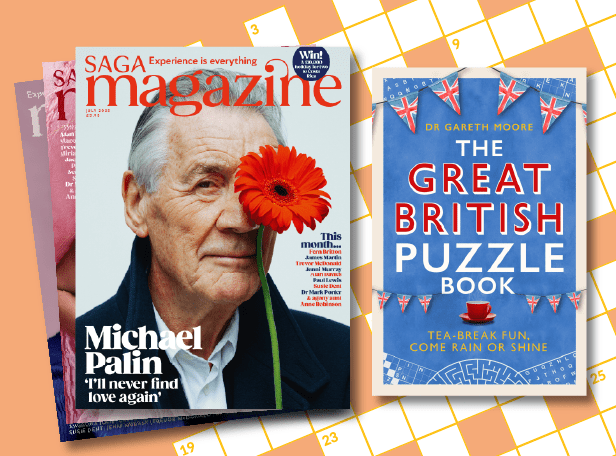
Subscribe to the award-winning Saga Magazine for just £9.95 and receive the next 6 issues, delivered direct to your door PLUS a free Great British Puzzle Book.
A bumper book packed with fun puzzles, from word and logic puzzles to relaxing dot-to-dots and spot the differences, all designed to take you on a unique and intriguing tour of our fascinating island.

Click below for your chance to sail through Germany on board Saga’s stunning new ship, Spirit of the Moselle, worth £2,519pp.
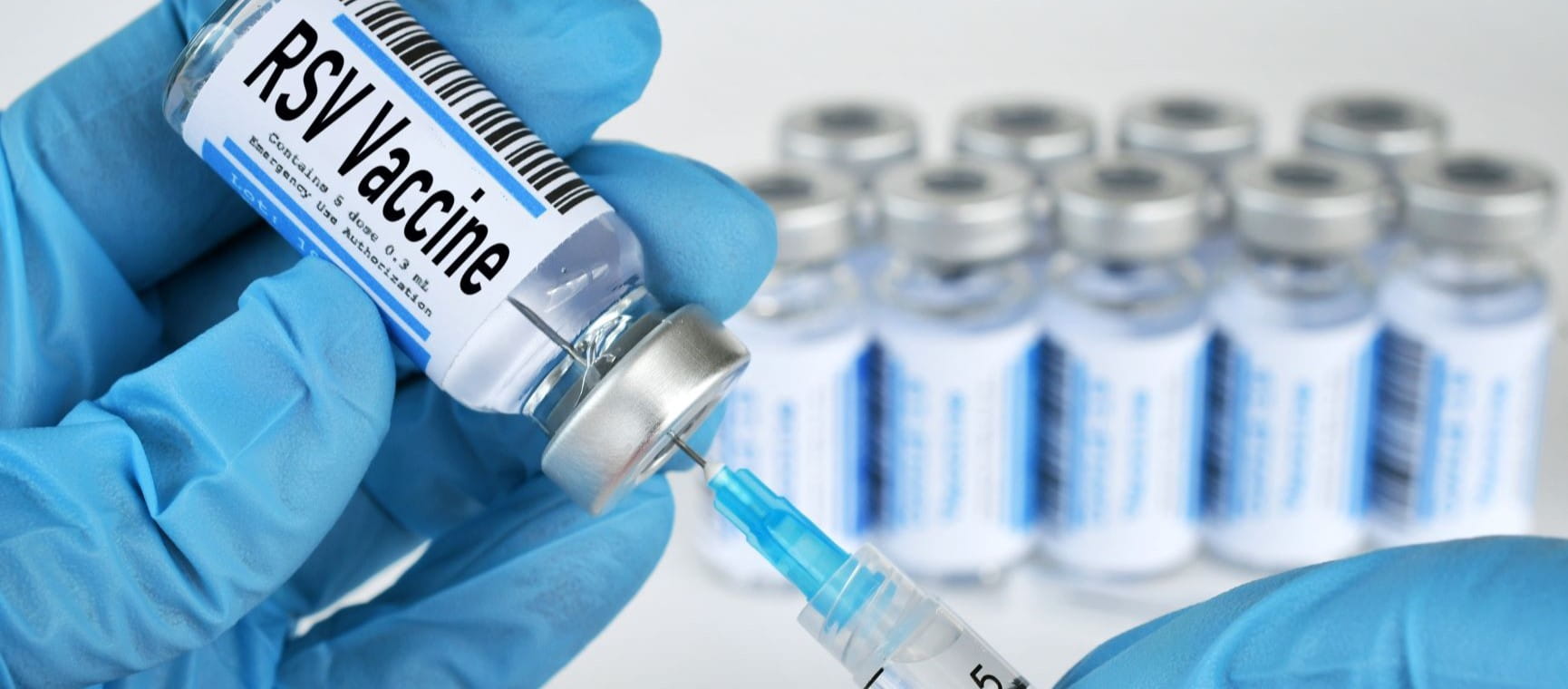
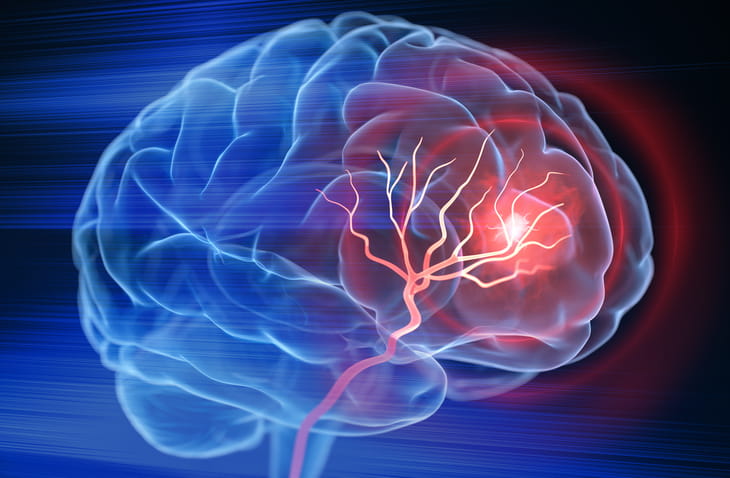
Facial weakness, a sudden headache and dizziness can all be signs of a stroke, we've got the facts from an expert.

Knee pain is more common as we age: to help we've got the best advice from 3 leading experts with easy ways to make a difference.

Do you know the symptoms of a heart attack? Here’s what to look out for, and how to prevent one.

Front, back or side? Which sleeping position is best for you as you get older, and which ones you should avoid


